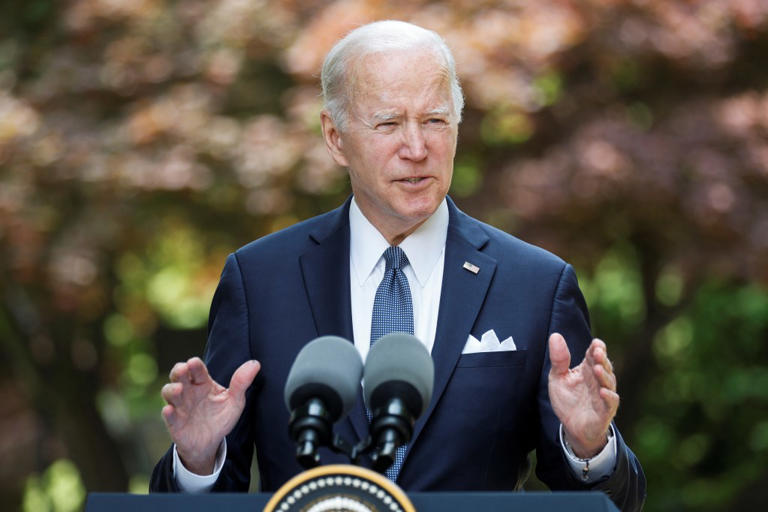Since President Biden’s inauguration in January 2021, the cost of energy, particularly electricity, has experienced a dramatic rise, outpacing the rate of inflation and causing financial strain for many Americans. This surge in energy prices has raised concerns about the affordability of basic utilities and its broader economic impact.
The surge in electricity prices, which have increased by 29.4% since January 2021, represents a significant departure from previous trends. Over the previous seven years, electricity prices had risen by just 5%, making the recent spike all the more pronounced. This rapid increase in energy costs has been attributed to a variety of factors, including supply chain disruptions, rising demand, and policy changes affecting energy production and distribution.
The latest Consumer Price Index (CPI) data for March revealed a 3.5% rise in US inflation, with energy prices playing a significant role in driving overall price growth. In particular, the cost of shelter and gasoline contributed to more than half of the overall increase, reflecting broader trends in the energy market. Greg McBride, chief financial analyst for Bankrate, highlighted the ongoing challenges facing consumers, including higher costs for essential services like housing, transportation, and utilities.
The impact of rising energy prices has been felt across the country, with households facing higher bills and businesses grappling with increased operating costs. In March alone, the overall cost of energy surged by a staggering 36.9% compared to January 2021, reflecting the widespread nature of the price increases. Gasoline prices, while lower than their peak in 2022, remain significantly higher than pre-Biden levels, adding to the financial burden on consumers.
Despite these challenges, President Biden has pursued ambitious legislative initiatives aimed at addressing climate change and promoting clean energy alternatives. The Inflation Reduction Act, a cornerstone of his administration’s agenda, allocated billions of dollars to environmental projects, including grants for renewable energy companies and tax incentives for consumers. However, critics argue that these measures have failed to address the immediate concerns of consumers struggling with rising energy costs.
Daniel Turner, founder and executive director for Power the Future, criticized the Inflation Reduction Act for exacerbating inflation without delivering tangible benefits to consumers. He highlighted the disconnect between the administration’s environmental priorities and the economic realities facing American households, emphasizing the need for policies that prioritize affordability and economic stability.
Overall, the surge in energy prices under the Biden administration underscores the complex interplay between energy policy, economic factors, and consumer affordability. As policymakers continue to grapple with these challenges, finding sustainable solutions that balance environmental goals with economic realities will be critical in addressing the evolving energy landscape.
